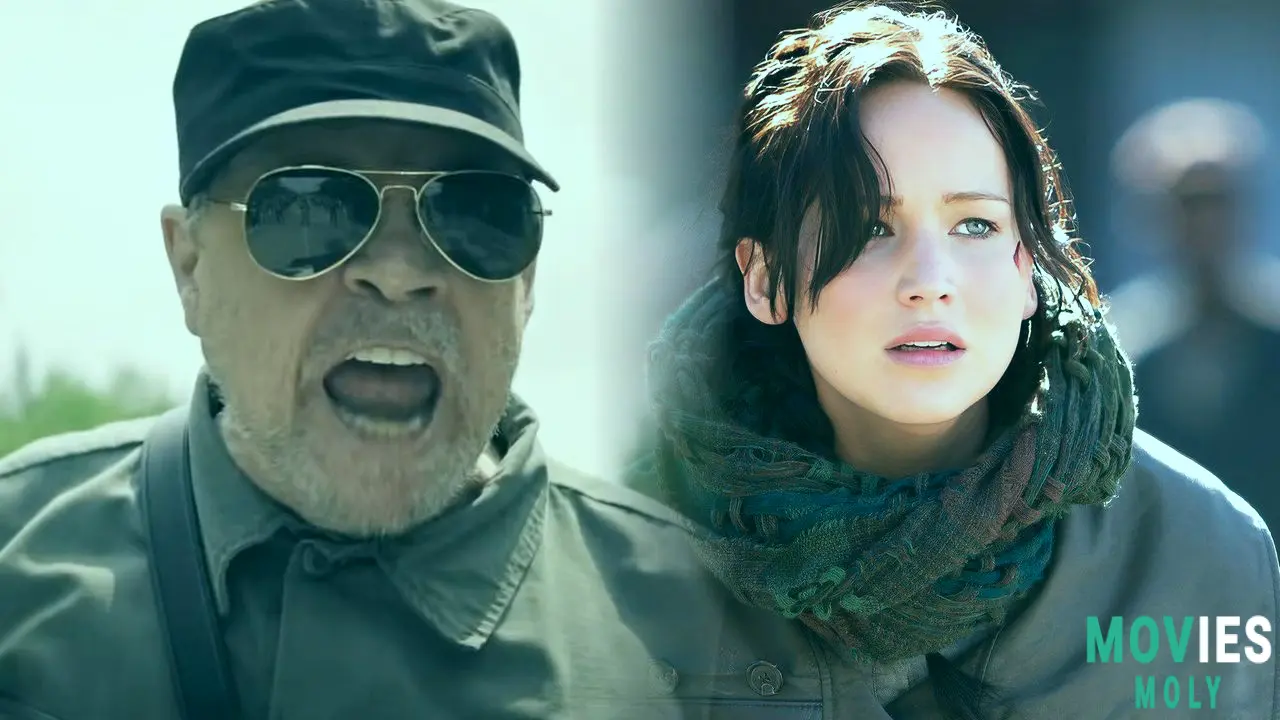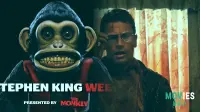Stephen King isn’t just sticking around — he’s dominating. With The Long Walk hitting theaters this September, and a slew of other adaptations on the way, King’s presence in film and TV remains as strong as ever. But it’s not just about quantity. It’s about how these projects continue to tap into what makes King work: human emotion, relentless tension, and stories that refuse to let you look away.
The Long Walk is more than a dystopian survival story—it’s King’s emotional originThe Long Walk, directed by Francis Lawrence and starring Cooper Hoffman and David Jonsson, is the first film adaptation of a Stephen King novel that’s never quite made it to the screen—until now. And not under King’s real name. Originally published under his Richard Bachman pseudonym, the novel was King’s first completed work, written when he was just 19.
King never saw it as a political statement, but the timing of its creation—during the early years of the Vietnam War—can’t be ignored. The story of teenage boys forced into a deadly marathon with no finish line echoes the senselessness of youth being sacrificed for causes they don’t understand. King called it “brutal” and “hopeless,” and that’s exactly the tone The Long Walk embraces.
Mark Hamill’s casting cleverly subverts expectations and adds depth to the dystopia
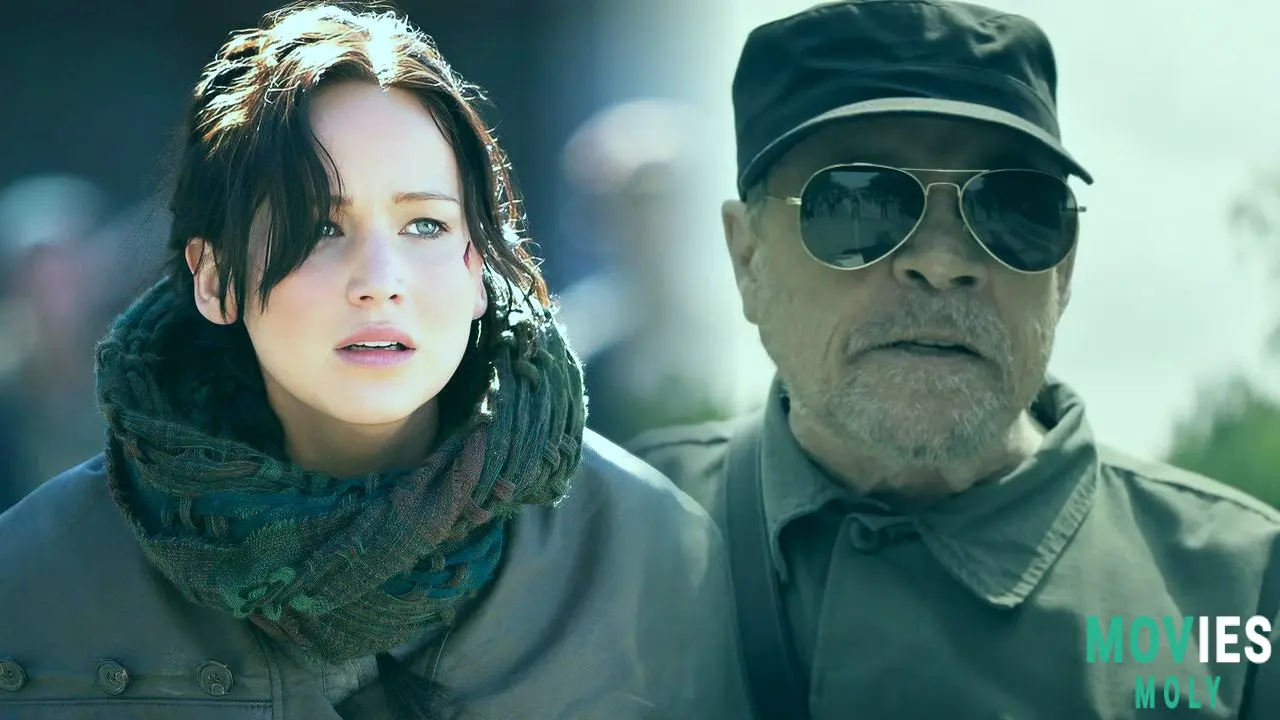
One of the most striking elements in the trailer—and the film itself—is Mark Hamill as The Major, the authoritarian figure overseeing the walk. It’s a role that flips the script on the cultural resonance of Hamill’s career. The director, Francis Lawrence, says he saw in Hamill the same worn-out authenticity he found in the actor’s portrayal of Luke Skywalker in The Last Jedi.
Hamill’s Major isn’t just a villain. He’s a symbol of how authority repackages cruelty as nobility. And as Hamill put it, “If you can’t be the hero, there’s nothing better than being the villain.” His presence in the film isn’t just iconic—it’s intentional. It gives The Long Walk a familiar face to fanbase audiences, while still letting the story do the heavy lifting.
Director Francis Lawrence uses chronological filming to capture real fatigue and emotion
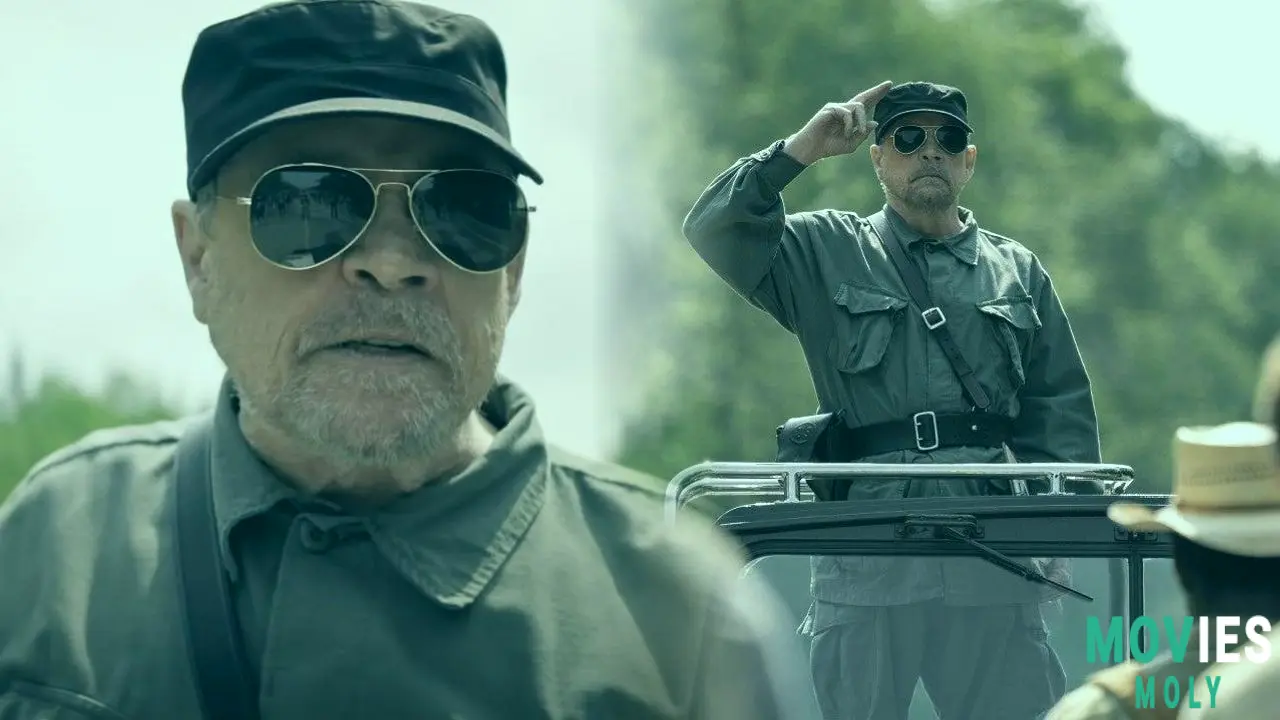
Filming a movie about a never-ending death march sounds like it could get repetitive fast. But Lawrence turns the monotony into a tool. By shooting in sequence and actually having the actors walk hundreds of miles at three miles per hour, he created a physical experience that mirrors the characters’ exhaustion.
Cooper Hoffman called it “uncomfortable,” and that’s the point. The worn-out look of the actors isn’t fake. It’s storytelling through strain. And it works. It makes every step, every sweaty pause, every aching foot feel like it matters. It’s a technique that grounds the film in reality, even when the plot is as grim and allegorical as King’s early work.
The relationships between the boys turn the film into a tragic coming-of-age
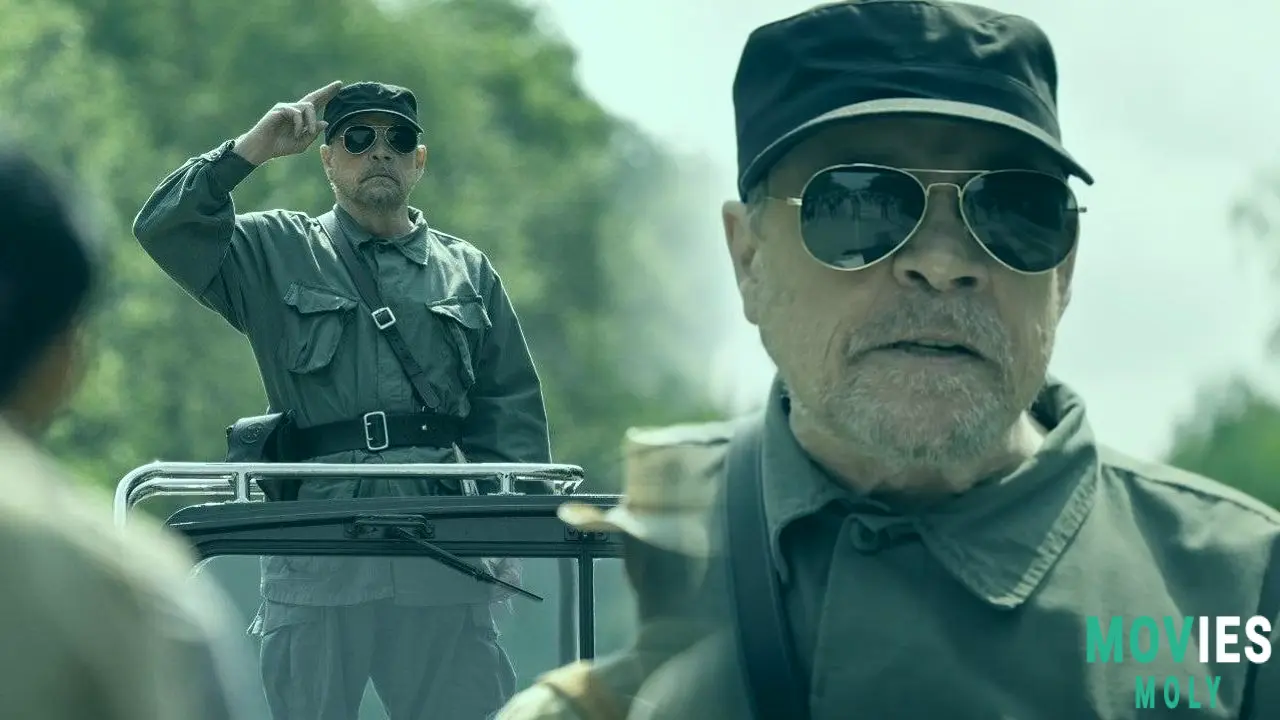
What separates The Long Walk from The Hunger Games (and yes, everyone is going to compare them) is the emotional core. This isn’t about competing to kill one another. It’s about keeping pace, surviving, and still finding humanity in the face of inevitable death.
Garraty (Hoffman) and McVries (Jonsson) aren’t just protagonists—they’re mirrors. One is impulsive and emotional; the other is composed and philosophical. Their bond evolves in real time, as they rely on each other not just to survive the walk, but to survive themselves. Lawrence calls their relationship “weirdly loving,” and it’s easy to see why. These boys aren’t marching toward glory—they’re marching toward understanding what it means to be human under pressure.
King’s recent output shows he’s no longer just a horror writer, but a full-fledged storyteller
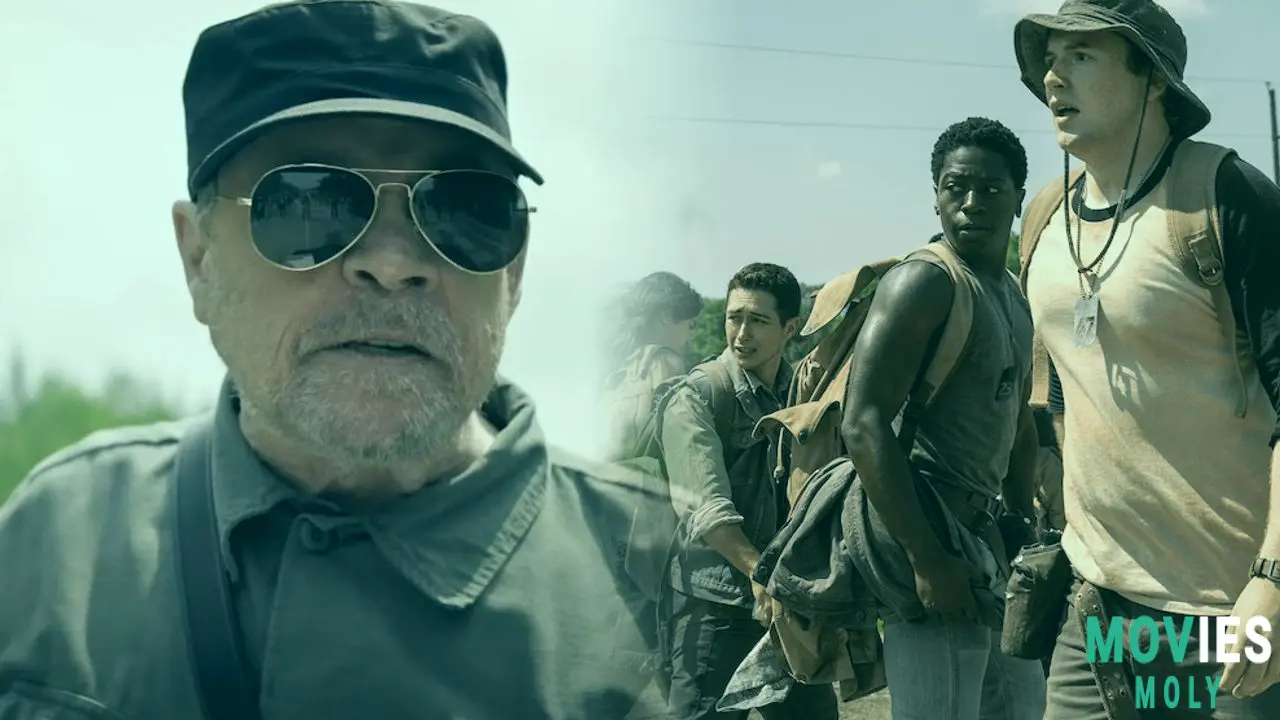
King’s involvement in The Long Walk as an executive producer is just one part of a larger pattern. He’s currently working on a third Talisman novel, releasing a new detective thriller with Holly Gibney, and having creators like Mike Flanagan and Edgar Wright adapt his work.
Whether it’s the cursed toy in The Monkey or the hopeful apocalypse in The Life of Chuck, King’s latest adaptations aren’t recycling old scares. They’re experimenting. They’re evolving. And with projects like The Institute streaming soon and The Long Walk finally arriving in theaters, King’s creative ecosystem is as active and varied as ever.
Stephen King has become the cinematic equivalent of a shared universe
King himself joked about this, saying he’s become like Marvel. And he’s not wrong. With multiple films and series coming out in close succession, many of them tied to different genres and tones, King’s body of work is turning into its own kind of franchise. Not connected by characters or plots, but by themes—survival, fear, hope, and the messy middle of being human.
.The Long Walk may be the most explicit example yet. It’s a horror, a dystopia, a tragedy, and a coming-of-age story all rolled into one. And it’s about walking. Not just physically, but emotionally. King didn’t write it for fame. He wrote it to express what being 19 and cynical felt like. Now, over half a century later, it speaks to anyone who’s ever felt forced to keep moving when they just wanted to stop.

